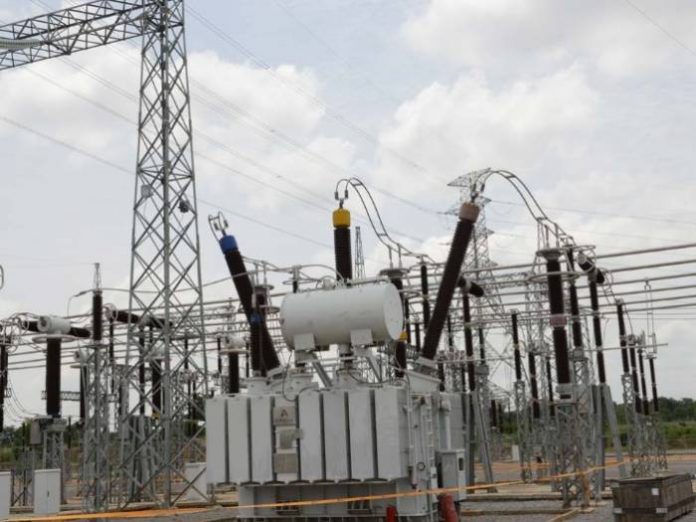The Rural Electrification Agency (REA), on Wednesday, announced that it would develop 10,000 electricity mini grids to support electrification of rural communities in the country.
According to a statement by REA’s Director of Promotion, Mr Ayang Ogbe, the Agency’s Managing Director, Mrs Damilola Ogunbiyi, said this at a meeting with stakeholders of Rocky Mountain Institute (RMI) in Abuja.
The statement described RMI as an independent non-profit organisation involved in transforming global energy use to create a clean and secure low-carbon future.
Ogunbiyi was quoted as saying that the current regulatory landscape in the country made Nigeria the best market for mini grid electricity development.
Also, the Chief Executive Officer, RMI, Jules Kortenhorst, was also quoted as saying that the company had the right people to deliver a financially viable solution for the mini grid market.
“More importantly, for the people and communities who will gain access to power for the first time” Kortenhorst said.
According to Ogunbiyi, the meeting was designed to bring together leading global stakeholders and investors to create a road map that is both actionable and scalable for the mini-grid markets in Nigeria.
“The goal of the meeting was to evolve measures to cut costs of mini-grid electricity by over 60 per cent.
“This would be done by addressing issues such as system costs, demand stimulation, and providing enabling policy for investors.
“This multi-billion-dollar revenue opportunity will create sustainable energy for hundreds of millions of people and combine the power of global supply chains with local market entrepreneurs and communities.”
He said that high-potential markets and specific mini-grid sites in Nigeria would be used to pilot the recommendations from the meeting.
He noted that RMI’s Sustainable Energy for Economic Development (SEED) programme had worked in sub-Saharan Africa since 2016 by providing unbiased technical policy and financial advice on energy system development.
“It has over the years collaborated with government, development partners, and the private sector to ensure successful implementation of its recommendations,” he said.
Source: today.ng





